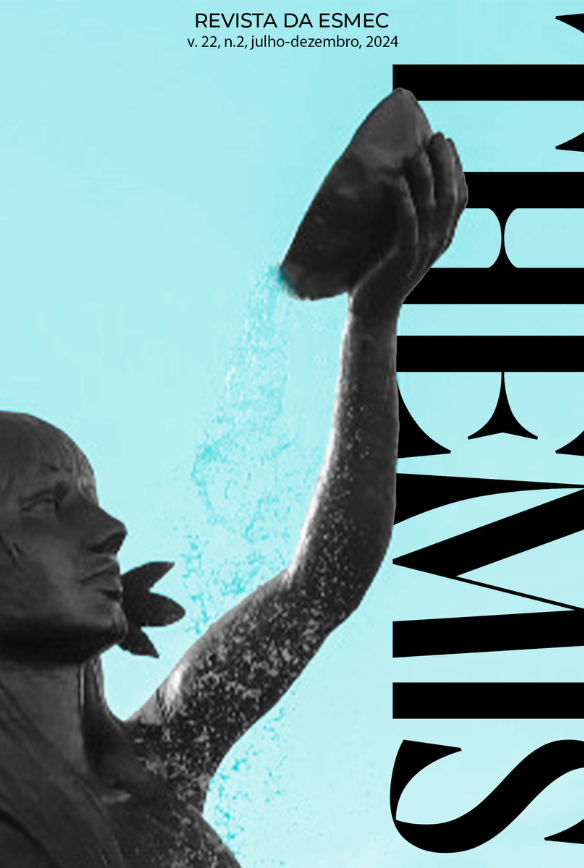ENVIRONMENTAL DISASTERS DUE TO LANDSIDES IN SÃO PAULO:
CHALLENGES OF FEDERALISM IN RISK MANAGEMENT AND THE ACTION OF MUNICIPALITIES IN COORDINATION WITH CIVIL DEFENSE
DOI:
https://doi.org/10.56256/themis.v22i2.1017Abstract
Environmental disasters caused by landslides represent a serious threat to the population living in urban areas of São Paulo, especially to vulnerable communities in coastal regions. These events, often associated with climatic and geological factors, cause human losses, material damage and significant socioeconomic impacts. In this context, risk management and Civil Defense activities are important tools to prevent and mitigate these disasters. For this reason, this article aims to understand the challenges in managing the risks of environmental disasters caused by landslides in São Paulo, from the perspective of the federalist form of State, scaling the importance of the actions of municipalities in coordination with the Civil Defense. The methodology adopted for this work consists of a qualitative research approach, based on documental analysis and bibliographic review. The investigation of these challenges is fundamental for the improvement of public policies and the strategic coordination of federal entities in the prevention and response to disasters, aiming at protecting life, reducing damage and promoting resilience in the affected areas. The article concludes by highlighting the importance of a more integrated and efficient approach in Brazilian federalism to deal with the challenges of landslide disasters in São Paulo, emphasizing the need for greater cooperation between federal entities and improvement of public policies in the area.
Downloads
Published
How to Cite
Issue
Section
License
Copyright (c) 2025 Francisca Cecília de Carvalho Moura Fé, Wilson Franck Junior

This work is licensed under a Creative Commons Attribution-NonCommercial 4.0 International License.
- Todos os artigos são publicados sob a licença Creative Commons - Atribuição Não Comercial (CC BY-NC), permitindo que terceiros copiem, distribuam e adaptem o conteúdo, desde que seja dada a devida atribuição ao autor e à revista.
- No caso da licença CC BY-NC, o uso comercial dos artigos não é permitido.
















